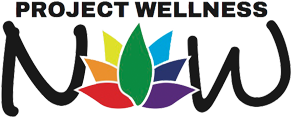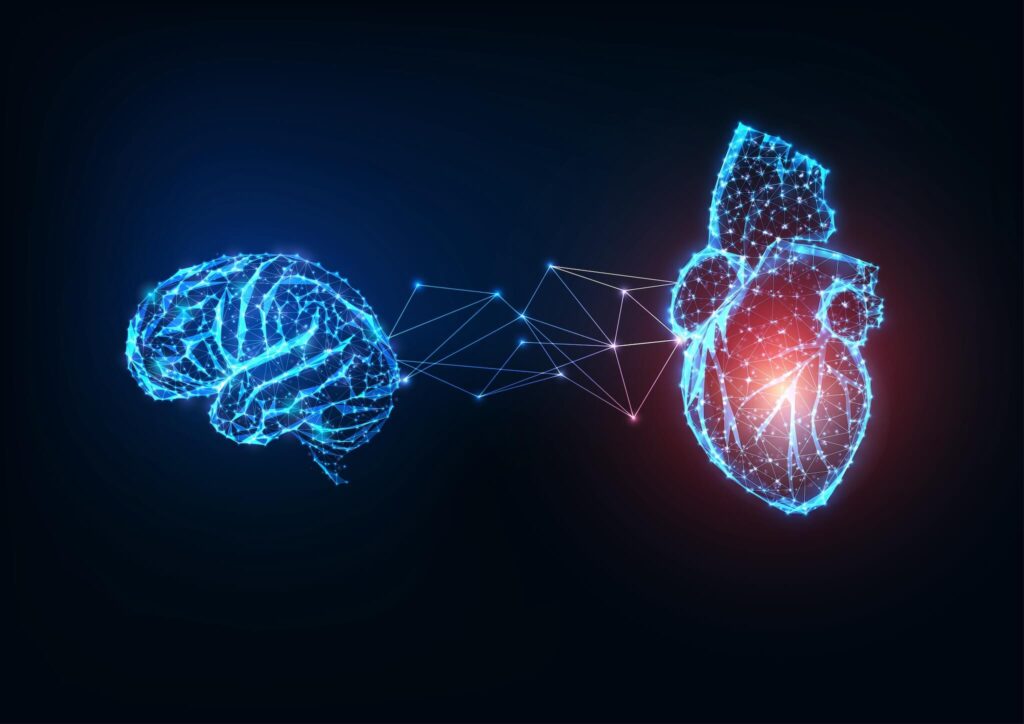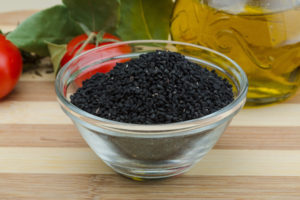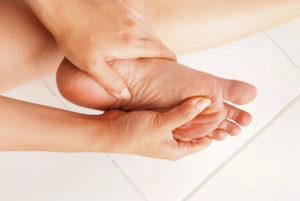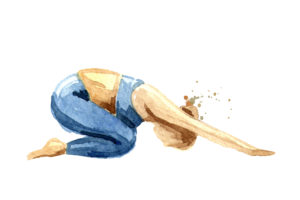“The secret of change is to focus all of your energy, not on fighting the old, but on building the new.”
— Socrates in ‘Way of the Peaceful Warrior’ by Dan Millman (1)
According to Statista’s 2023 Global Consumer Survey, exercising more tops the U.S. list of 2023 New Year’s resolutions, with 52% of respondents making it their main goal.
Eating healthier, losing weight, saving money, and spending additional time with family and friends were among the top contenders. In addition, different lifestyle changes — such as becoming vegetarian or vegan and limiting alcohol use — accounted for about 10% of the responses. (2)
But how many people actually keep their New Year’s resolutions?
Well, in 2022, of the 37% of Statista survey respondents who set a New Year’s goal, about 59% had stuck with it in the first month. (3)
If you’re wondering how you too can find success with your New Year’s goals, look no further than what science has to say about the best brain and heart habit-forming hacks!
The Brain Loves Rewards – and Questions
“Cue Up” Your Reward Center
Did you know that your subconscious brain’s idea of a good habit may differ significantly from what your conscious brain is telling you?
That’s right, your subconscious (automatic) brain is all about the short-term outcomes when it comes to habit formation.
In his TEDx Talk, ‘The Science of Habits’, cognitive neuroscientist Marco Badwal (4) points out that the brain makes up only about 2% of a person’s body weight yet consumes 20% of your energy supply (5,6).
In order to save energy, the brain creates connections between neurons (nerve cells) for our most commonly performed tasks. “The thicker the connections between neurons, the less energy is needed to perform a behavior,” says Badwal.
Over time these connections form the ‘habit loop’ in the brain. For neurons to form strong connections that make habits, four main components must be present (7):
1. Cue: this is what triggers you to take action. For example, the time of day can tell you you should leave work.
2. Craving: this is a desire to perform a certain action, such as a desire to leave work for the comforts of home.
3. Behavior or Response: this is what you do after the craving hits, such as driving home from work and relaxing on the sofa.
4. Reward: this is the outcome you experience, which satisfies your craving.
When satisfaction happens, your brain releases a feel-good chemical called dopamine in the basal ganglia region of the brain. The next time that cue hits, you’ll automatically repeat the same habit loop to get the same reward that makes you feel good.
This is why it’s so important to find a (healthy) short-term reward for the new long-term goal that you want to achieve.
For instance, if your plan is to improve your finances by working an hour longer each day, save your favorite work tasks for the last hour each day, or allow yourself to listen to a soundtrack that you love only during that timeframe. By doing this, your brain will begin to automatically associate working longer with a satisfying reward, and you’ll “crave” that last hour on the job.
Ask – Don’t Tell
Have you ever had someone suggest a behavior to you by asking if you are planning to engage in it? Did it make you consider doing just that?
If so, you’re not alone. There’s credible science that reveals that asking a question about the behavior you’d like to see happen actually helps create that very outcome.
A study that covered over 40 years of marketing research affirms that asking about intentions triggers a physiological response which helps remind people of the good impact the suggested behavior will have. This response influences people to do that very action. (8)
What’s more, it was discovered that this ‘question-behavior effect’:
• is most effective when it’s tied to social norms, like healthy eating
• can trigger effects that last up to six months
• helps bring about significant and consistent change
While the research was aimed at marketers who wanted to influence others, you can also apply the same technique to yourself to help reach your New Year’s goals.
For instance, if you’d like to exercise more, wake up each day and say, “Do I want to exercise today?” Another good question to ask may be, “What exercise do I want to do today?” This helps put you in control of the details of your exercise routine based on how you’re feeling.
The Heart Loves Gratitude
Science has revealed that the heart, like the brain, is the center of intelligence in the body. According to research gathered and conducted by the HeartMath Institute, your heart encompasses a “sophisticated information encoding and processing center” and has been shown to make decisions all on its own, without the brain’s help. (9)
Positive emotions like appreciation have been found to provide more coherence to the rhythms of the heart. This means that it sends out signals that allow for the optimization of automatic processes in the body, such as digestion and breathing.
What’s more, information sent from the heart can impact behavior. In fact, there’s some evidence that the heart sends more information to the brain than vice versa – including to centers of the brain responsible for motivation. (10)
In scientific experiments, participants who engaged in appreciation exercises showed greater cognitive (thinking and reasoning) functioning and focus. The HeartMath Institute has even documented an increase in goal clarity, productivity, and performance among individuals in organizations that employed positive emotion and heart-rhythm feedback training techniques.
This is good news for anyone setting New Year’s goals because sending gratitude to your heart just might help you perform better and meet the challenges that come your way along your New Year’s journey.
Understanding how the heart and brain create habits and respond to information can help you grow your success and meet your goals – in the new year and beyond!
References:
(1) quoteinvestigator.com/2013/05/28/socrates-energy/
(2) statista.com/chart/29019/most-common-new-years-resolutions-us/
(3) statista.com/statistics/953562/share-of-americans-who-stuck-to-their-new-year-s-resolutions/
(4) crediblemind.com/people/marco-badwal
(5) pnas.org/doi/10.1073/pnas.172399499#body-ref-b1
(6) youtube.com/watch?v=FSZyzhi8C9o
(7) healthline.com/health/the-science-of-habit#5
(8) sciencedaily.com/releases/2015/12/151228124712.htm
(9) metaphysics-for-life.com/support-files/heartmath-appreciative-heart.pdf
(10) heartmath.org/research/science-of-the-heart/heart-brain-communication/
YOU MAY ALSO LIKE:
“A REMEDY FOR EVERY ILLNESS EXCEPT DEATH”
Every once in a while we all hear about an apparently miraculous natural supplement, packed with a remarkable array of medicinal…
6 FEET EXERCISES FOR STRENGTH AND PAIN MANAGEMENT
By Kevin Jones In general, it is best to focus on whole-body strength and pain management by engaging with different exercises like…
BALASANA – CHILD’S POSE: SOOTHE AND RELEASE
Balasana, Child’s Pose, is a restorative pose that can be practiced on its own or as part of a routine. A…
WILL EVENING WORKOUT RUIN YOUR SLEEP?
By Kevin Jones Say you’ve had a busy day to the point that you were unable to do your workout and now…
WHO’S UP FOR VEGAN SUSHI?
Here is your tasty and healthy lunch. Needless to say, our Vegan Sushi was made with all vegan ingredients so no…
COLLAGEN PEPTIDES FOR HEALTH AND BEAUTY
By Esse Johnson The first I’d ever heard of collagen was in cosmetics ads. Generally, it’s in anti-aging creams claiming miracles…
